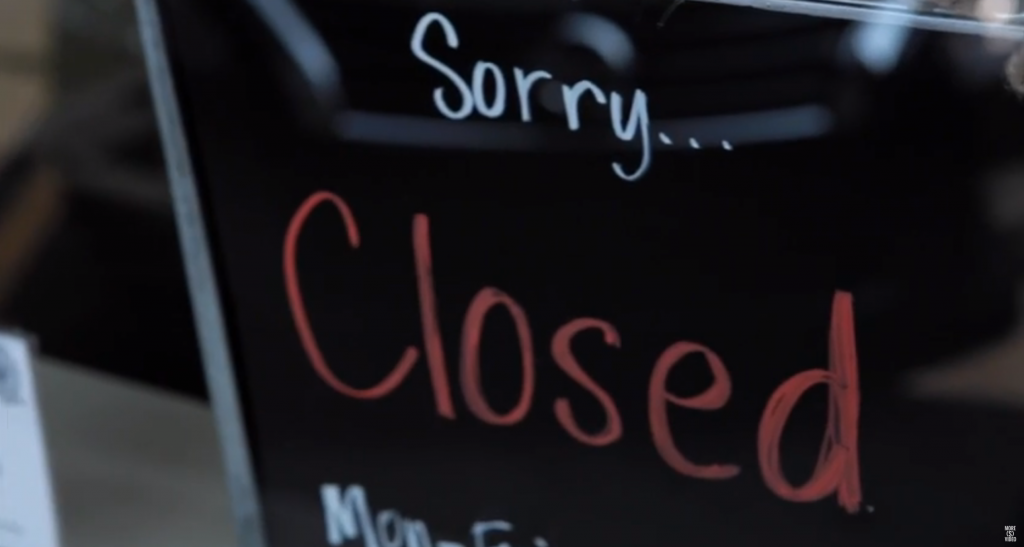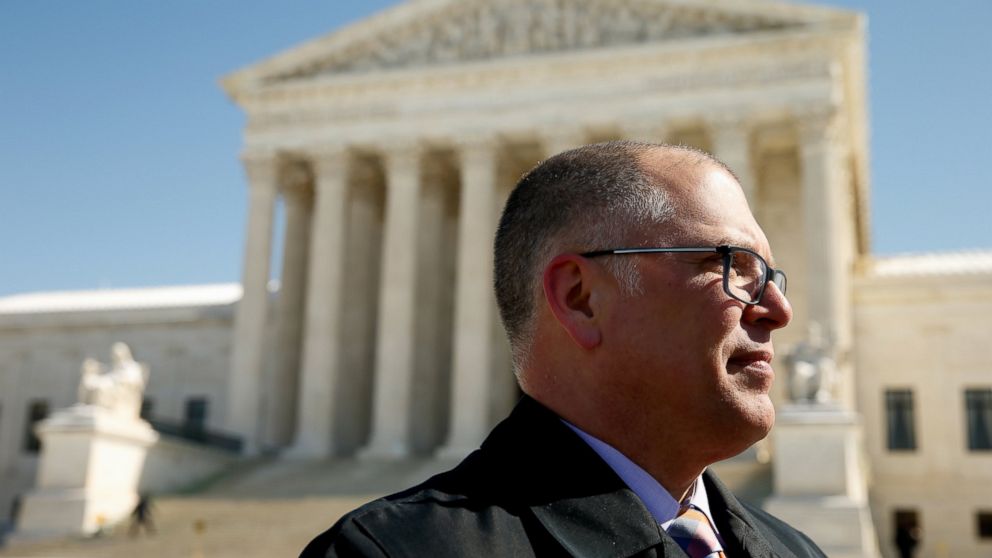On Tuesday April 21, a federal judge ordered New York’s Metropolitan Transportation Authority to exhibit on its buses a provocative ad that refers to Muslims killing Jews, rejecting the argument that the ad could incite terrorism or impending violence.
New York’s MTA informed the American Freedom Defense Initiative that it planned to display 3 of the 4 ads submitted for approval by the AFDI. The “Hamas Killing Jews” ad was not approved because it violated the MTA’s policy which addresses proposed advertisements that may incite and provoke violence. Howard Marcus, a representative from the MTA, spoke about the ad saying, “It is reasonably foreseeable that, due to material contained in it, its display would imminently incite or provoke violence or other immediate breach of the peace and so harm, disrupt, or interfere with safe, efficient, and orderly transportation operations.”
The ad depicts a threatening man wearing a scarf around his head and face, contains a quote “Killing Jews is Worship that draws us close to Allah” credited to “Hamas MTV,” and then says, “That’s His Jihad. What’s yours?”
Judge Koeltl said he was “sensitive” to the safety worries, but that the MTA Chairman “underestimates the tolerant quality of New Yorkers and overestimate the potential impact of these fleeting advertisements. It strains credulity to believe that New Yorkers would be incited to violence by ads that did not incite residents of Chicago and San Francisco.”
Under the First Amendment, speech cannot be punished or barred, simply because it might offend a hostile crowd. By censoring AFDI’s’ speech because of its message, the MTA may be punishing speech based on its content and viewpoint. I think this case is relevant due to the ongoing terrorism that occurs against Israeli citizens due to Islamic jihad as well as the fact the MTA is being forced to run this ad when it is a violation of their policy of proposed advertisements. They shouldn’t be forced to display an ad if they don’t want to, especially if the ad has religious content that could be conceived as hate speech. The MTA is responsible for the safety of its riders and should have their best interest in mind when deciding what to advertise on its busses.
ADFI complaint claims that the MTA’s content- and viewpoint-based, restraint on AFDI’s speech violates the First and Fourteenth Amendments to the U.S. Constitution.
The MTA should have the right to dictate which advertisements they decide to endorse because at the end of the day it is their busses that the ad will be running on. There is a disclaimer underneath the ad, which states that the MTA is not endorsing the ad. The ADFI had 3 of their 4 submitted ads approved but could not get this ad passed because of its content that the MTA felt violated its policy. It is within MTA interest to protect its riders and this ad in their opinion could incite violence. I think that forcing them to run the ad is unconstitutional because it forces them to endorse speech that they do not believe. While offensive speech cannot be banned Under the First Amendment, I disagree that New York’s MTA must run the ad.
What do you think? Is the MTA speech restriction based on a perceived negative response that AFDI’s message might receive from certain viewers based on its content and viewpoint. Or are they just in striving to disassociate with this type of speech?











